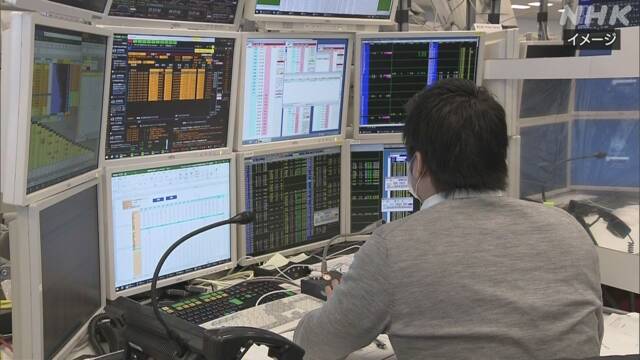In the bond market on the 4th, the long-term interest rate, which is a measure of the mortgage interest rate, fell and reached 0% for the first time in about 8 months.
The spread of the new corona infection raised concerns about the future of the global economy, and Japanese government bonds, which are considered to be relatively safe assets, were bought, leading to lower interest rates.
Bonds have a relationship in which interest rates fall as the number of buyers increases and prices rise.
In the bond market on the 4th, the yield of 10-year government bonds, which is a typical indicator of long-term interest rates, dropped from 0.005% immediately after the start of trading to 0%.
It is the first time in about eight months since December last year that long-term interest rates have reached zero percent.
Behind the purchase of government bonds is the spread of the highly infectious new corona mutant virus, Delta strain.
Due to concerns about delays in the normalization of the world economy, the movement to buy US government bonds as a relatively safe asset in overseas markets on the 3rd became stronger, and long-term interest rates in the United States were declining.
With this trend, the number of buy orders for Japanese government bonds increased, leading to a decline in interest rates.
"In Japan, the infection continues to spread again, and investors are moving funds to government bonds to avoid risks," said a market source.

